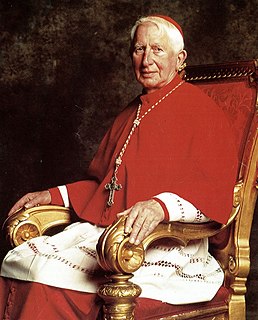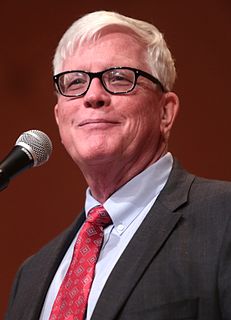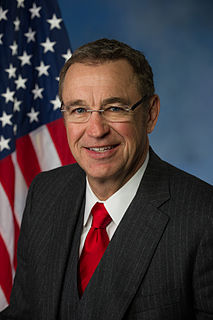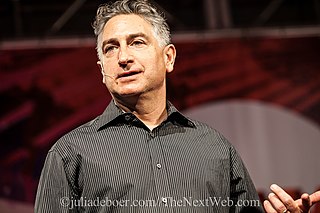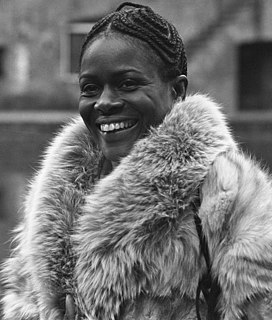A Quote by Basil Hume
Moral choices do not depend on personal preference and private decision but on right reason and, I would add, divine order.
Related Quotes
My analysis is that most faith based systems depend upon an absolute moral order. The declaration of things as absolutely evil or absolutely good, as sin or virtue, puts liberalism into a horrible position because it's founded on no judgment on anything. As a result, any faith that is seriously practiced or understood is a challenge to the politics that depend on constituencies that would rather not be told that their choices are bad and their lives are not virtuous.
Let's just call things what they are. When a man's love of finery clouds his moral judgment, that is vanity. When he lets a demanding palate make his moral choices, that is gluttony. When he ascribes the divine will to his own whims, that is pride. And when he gets angry at being reminded of animal suffering that his own daily choices might help avoid, that is moral cowardice.
We do the best we can," she said softly, looking inward. "And punish ourselves for it. I've tried to make my choices with the idea that I've made those choices for the greatest good. Sometimes someone suffers in the process, but I made the decision for the right reason. That should count for something, shouldn't it?
"Judge not, that ye be not judge"... is an abdication of moral responsibility: it is a moral blank check one gives to others in exchange for a moral blank check one expects for oneself. There is no escape from the fact that men have to make choices; so long as men have to make choices, there is no escape from moral values; so long as moral values are at stake, no moral neutrality is possible. To abstain from condemning a torturer, is to become an accesory to the torture and murder of his victims. The moral principle to adopt... is: "Judge, and be prepared to be judged."
Sometimes, in order to follow our moral compass and/or our heart, we have to make unpopular decisions or stand up for what we believe in. It can be difficult and even frightening to go against the grain, whether it's a personal disagreement with a friend, partner, or family member or a professional decision that affects coworkers and colleagues.
[Religion] attacks us in our deepest integrity - the core of our self-respect. Religion says that we would not know right from wrong, we would not know an evil, wicked act from a decent human act without divine permission, without divine authority or without, even worse, either the fear of a divine punishment or the hope of a divine reward. It strips us of the right to make our own determination, as all humans always have, about what is and what is not a right human action.
In order to be artists we need to be in our studios, in our private rooms... in our private personal space... that sacred protected space, so we can make our work. That's the only work that's worth making, right? That's the place where we can be free enough and vulnerable enough to share what we have to share.
If I were to speak your kind of language, I would say that man's only moral commandment is: Thou shalt think.
But a 'moral commandment' is a contradiction in terms. The moral is the chosen, not the forced; the understood, not the obeyed.
The moral is the rational, and reason accepts no commandments.
